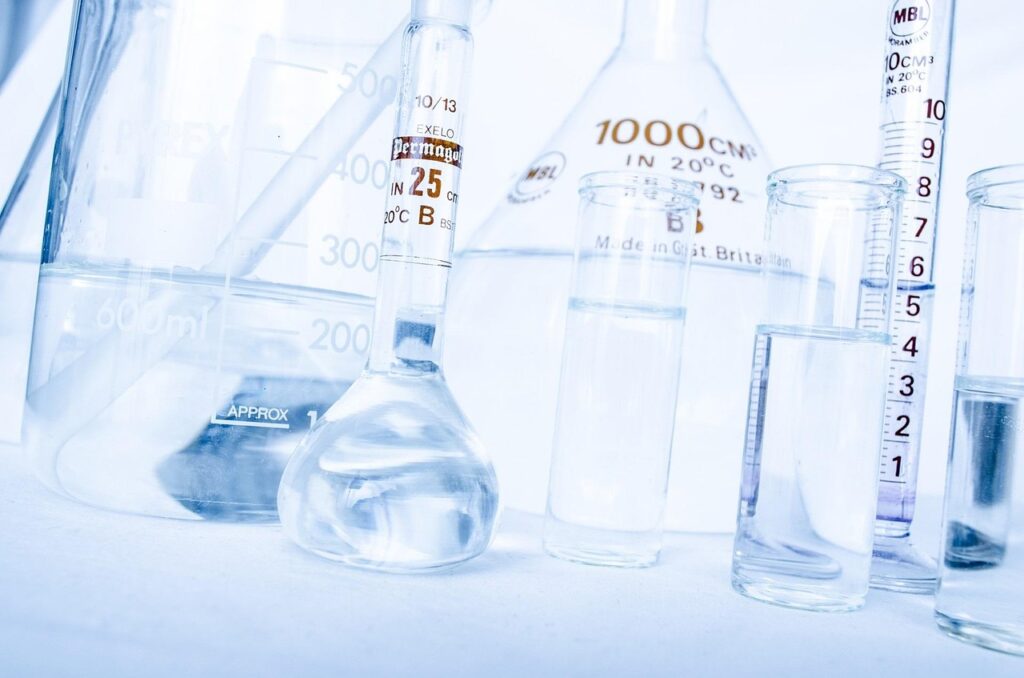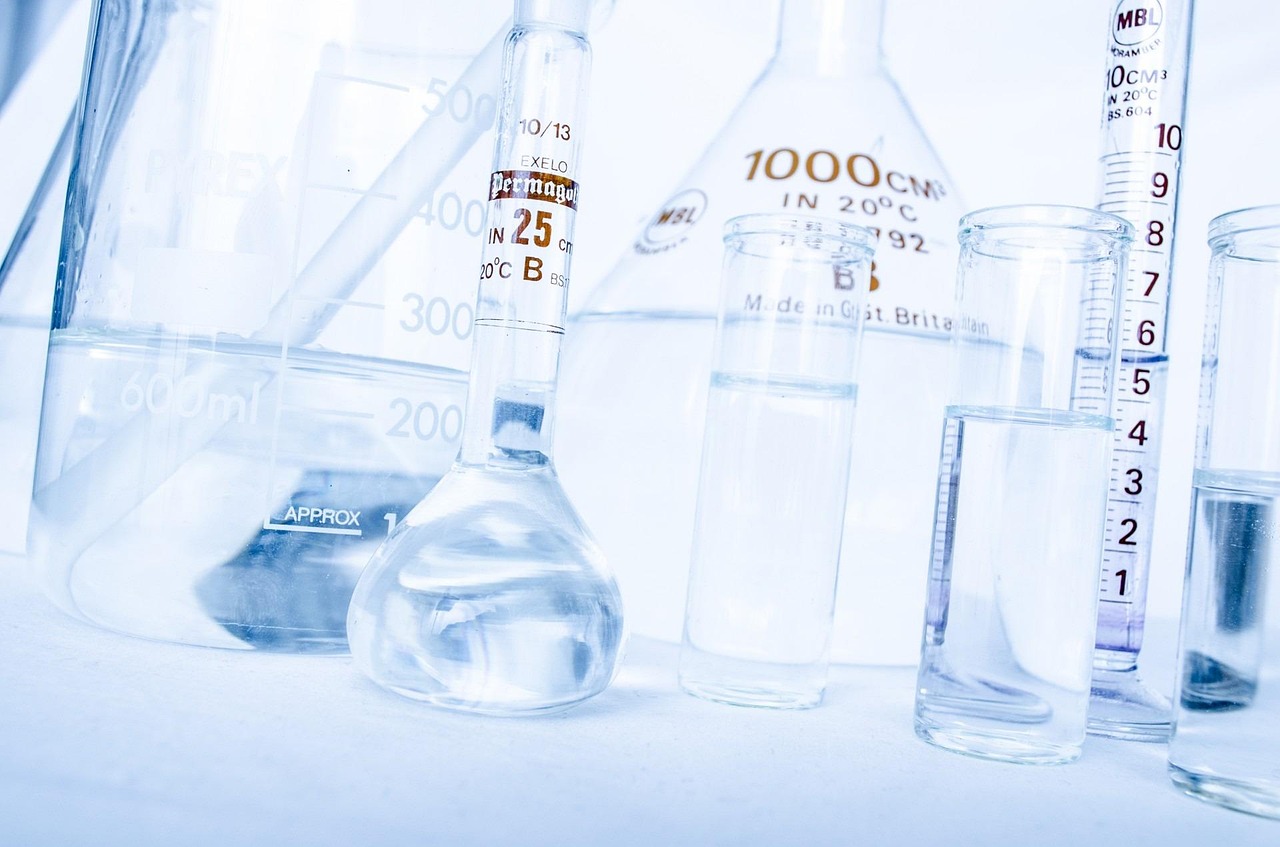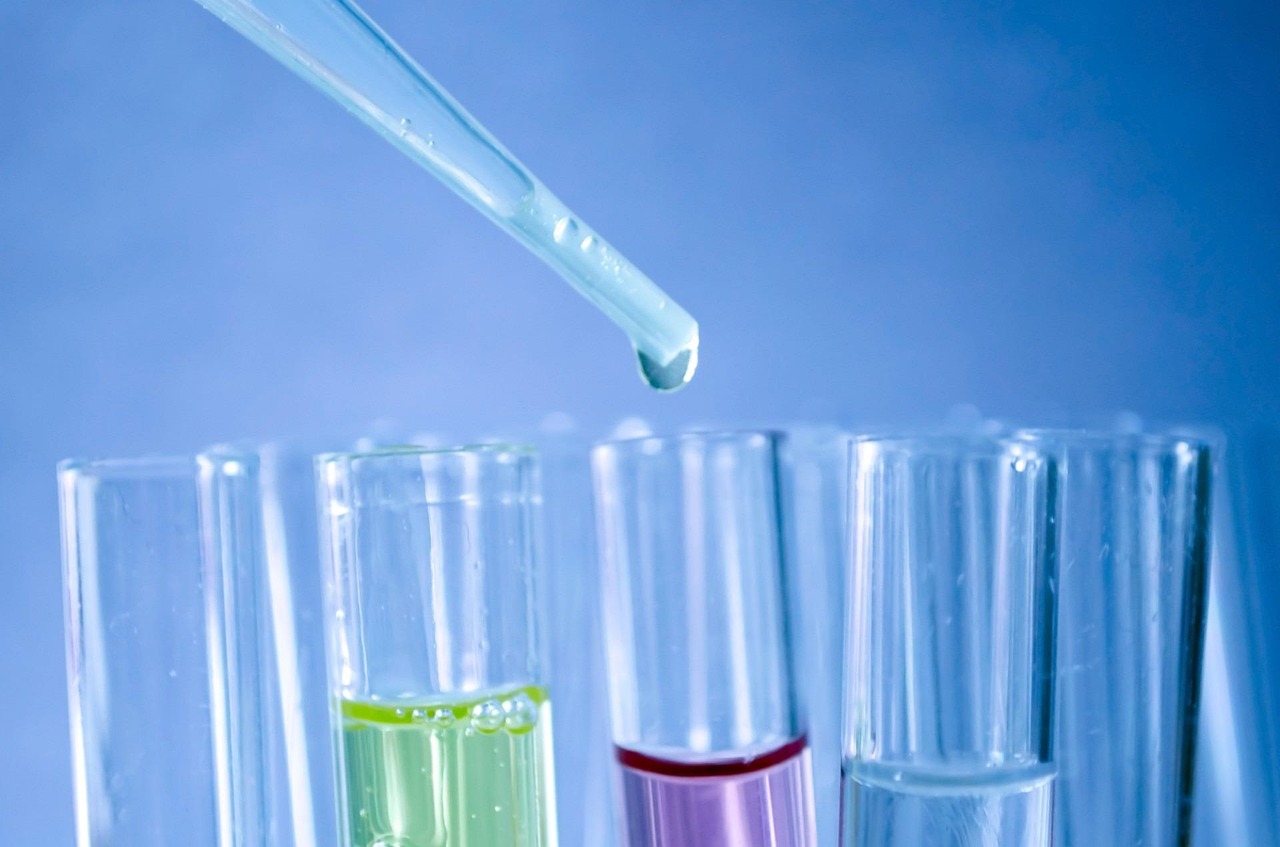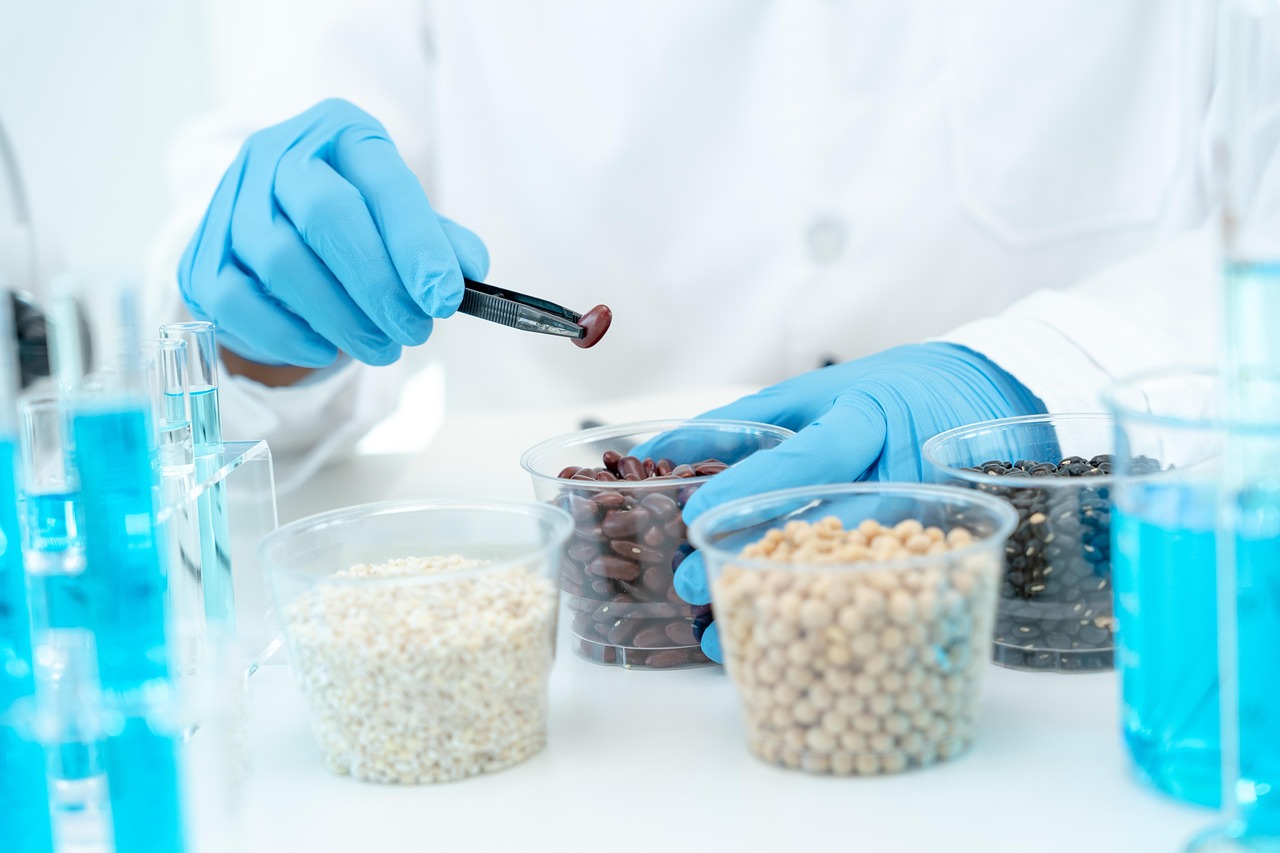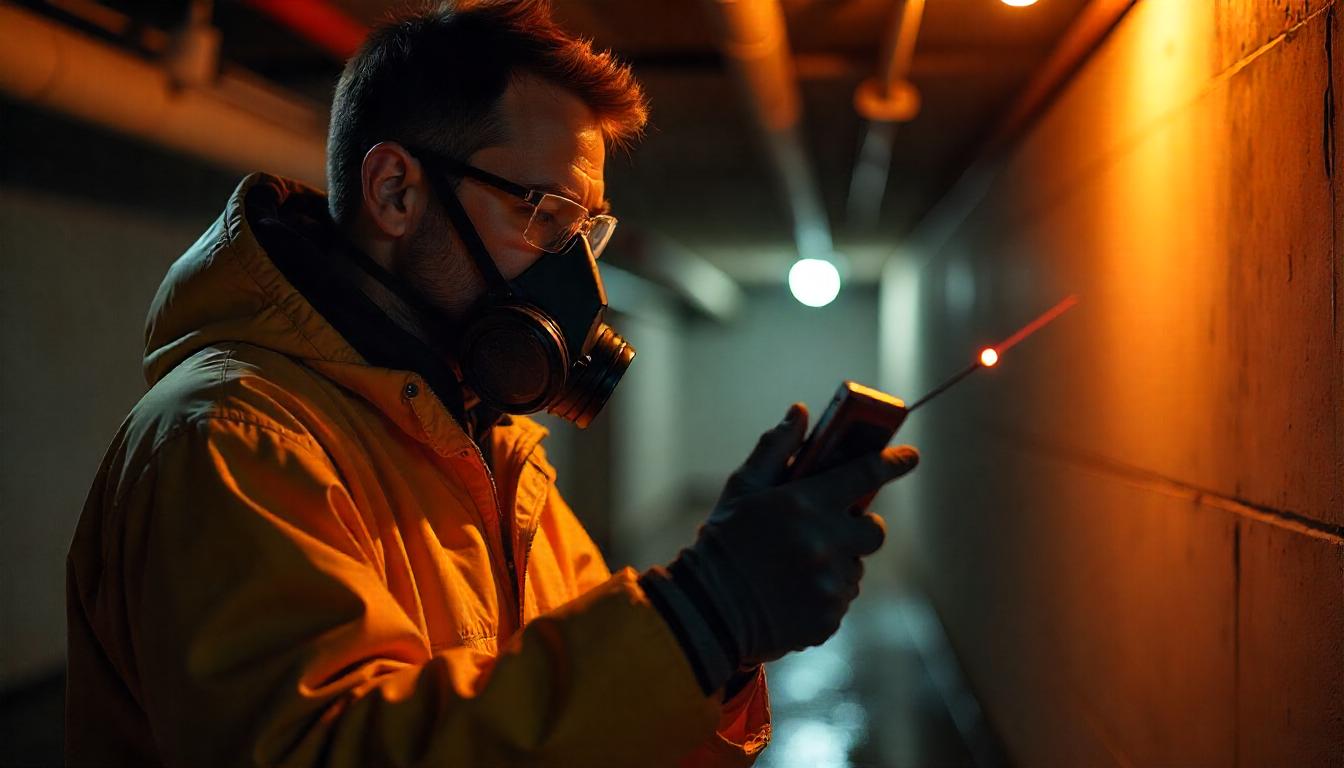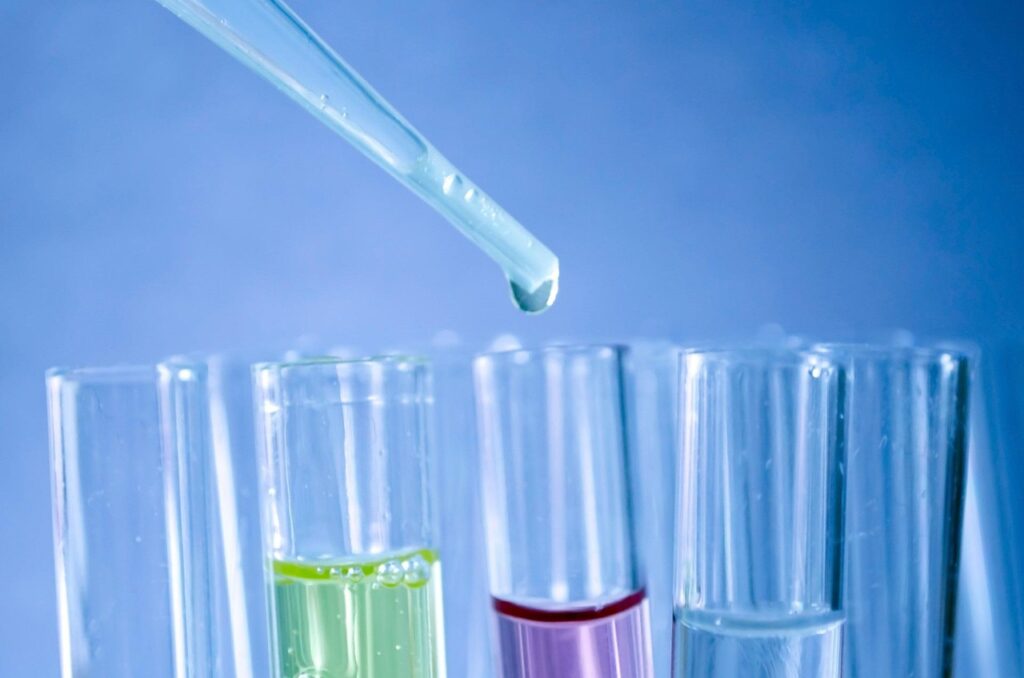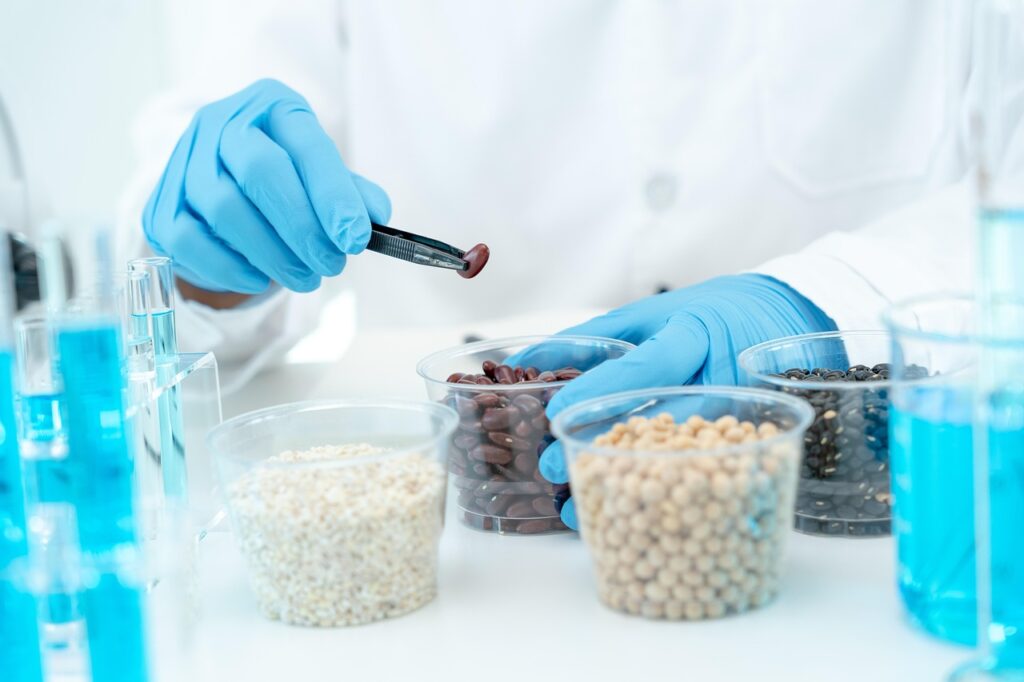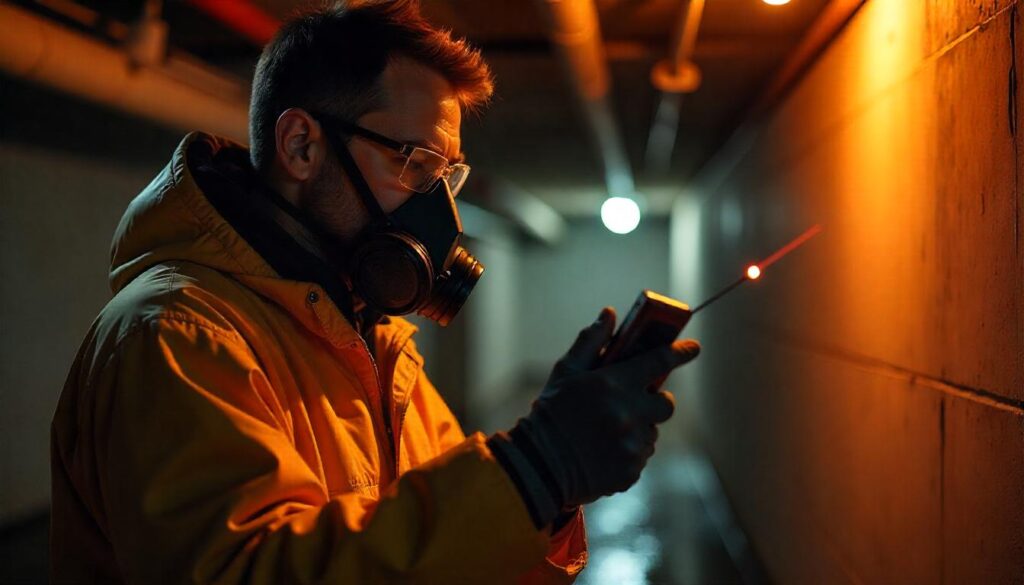Numerous industries, including manufacturing, oil and gas, aerospace, automotive, and construction, depend heavily on material testing. An essential facility in India is a material testing lab, which assesses the mechanical and structural qualities of different materials to make sure they fulfill the necessary requirements. The need for trustworthy material testing lab in India has increased dramatically as India develops into a major global industrial hub. For quality control, safety, and regulatory compliance, precise testing is crucial for all materials, including metals, polymers, ceramics, and composites.
What is Material Testing?
The process of assessing a material’s mechanical, chemical, and physical characteristics under varied circumstances is called material testing. This covers exams such as:
- Tensile strength
- Hardness
- Impact resistance
- Fatigue strength
- Corrosion resistance
- Chemical composition
Manufacturers and engineers can use these tests to assess a material’s suitability for a given application.
Importance of Material Testing in India
Material testing is crucial to India’s expanding industrial and infrastructure sectors. An Indian material testing lab assists companies in achieving the following:
1. Product Reliability and Safety
Using inferior materials can result in safety risks, product failure, and harm to one’s reputation. Testing guarantees that only high-quality materials are utilized in manufacturing.
2. Regulatory Compliance
International and national standards including IS, ASTM, ISO, and BIS must be followed by-products. This conformity is confirmed by material testing labs.
3. Cost Efficiency
Testing lowers warranty claims and rework by assisting in the selection of the most economical material without sacrificing performance.
4. Sustainability and Waste Reduction
Businesses may reduce waste and use resources more effectively by knowing the qualities of materials, which will help them meet sustainability targets.
Types of Material Testing
Material testing is broadly classified into two categories:
1. Destructive Testing (DT)
This involves testing methods that destroy the sample. Common DT techniques include:
- Tensile Test: Measures how much force a material can withstand when being stretched.
- Impact Test: Determines material toughness by measuring the energy absorbed during fracture.
- Hardness Test: Identifies resistance to indentation or scratching.
2. Non-Destructive Testing (NDT)
NDT techniques are perfect for in-service inspections because they evaluate material qualities without causing damage. These consist of:
- Ultrasonic Testing
- Radiographic Testing
- Magnetic Particle Testing
- Dye Penetrant Testing
A material testing lab in India often offers both DT and NDT services, depending on the industry requirement.
Key Industries Served by Material Testing Labs
1. Construction and Infrastructure
Material testing in civil engineering guarantees the durability and strength of materials such as aggregates, steel, and concrete. This guarantees the endurance and safety of constructions such as highways, bridges, and buildings.
2. Automotive Industry
To assess the performance of rubber, polymers, and metals used in automotive components, automakers turn to testing laboratories.
3. Aerospace and Defense
In aircraft, safety and accuracy are essential. Finding materials that can survive harsh environments is aided by material testing.
4. Oil and Gas
Corrosion resistance and strength under high pressure are essential in this sector. Testing labs play a vital role in evaluating pipeline materials and drilling equipment.
5. Pharmaceutical and Medical Devices
Medical equipment must be made of safe and biocompatible materials. Testing guarantees adherence to international standards and the FDA.
Leading Material Testing Lab in India
Numerous reputable laboratories providing material testing services may be found in India. Among the most well-known names are:
1. TÜV SÜD South Asia
TÜV SÜD, renowned for its cutting-edge technology and worldwide experience, has a significant presence throughout India and provides a broad range of material testing services and certifications.
2. Intertek India
Intertek serves the automotive, textile, construction, and other industries with a number of approved laboratories throughout India. Global quality requirements are met by their material testing solutions.
3. Bureau Veritas India
Bureau Veritas provides both destructive and non-destructive testing services for metals, polymers, and composites. Their labs are equipped with cutting-edge tools and highly trained professionals.
4. SGS India
SGS, one of the most established and reputable testing companies, provides thorough material analysis and quality control services.
5. NABL Accredited Labs
In India, hundreds of material testing labs are accredited by the National Accreditation Board for Testing and Calibration Laboratories (NABL). Selecting a lab with NABL accreditation guarantees consistent and trustworthy findings.
Technologies Used in Material Testing Labs
Modern material testing labs in India leverage advanced technologies for precise results:
- Scanning Electron Microscopy (SEM)
- X-ray Diffraction (XRD)
- Spectroscopy (FTIR, UV-Vis)
- Thermal Analysis (TGA, DSC)
- Universal Testing Machines (UTM)
- Optical Emission Spectrometry (OES)
These technologies support mechanical strength testing, chemical profiling, and microstructural analysis.
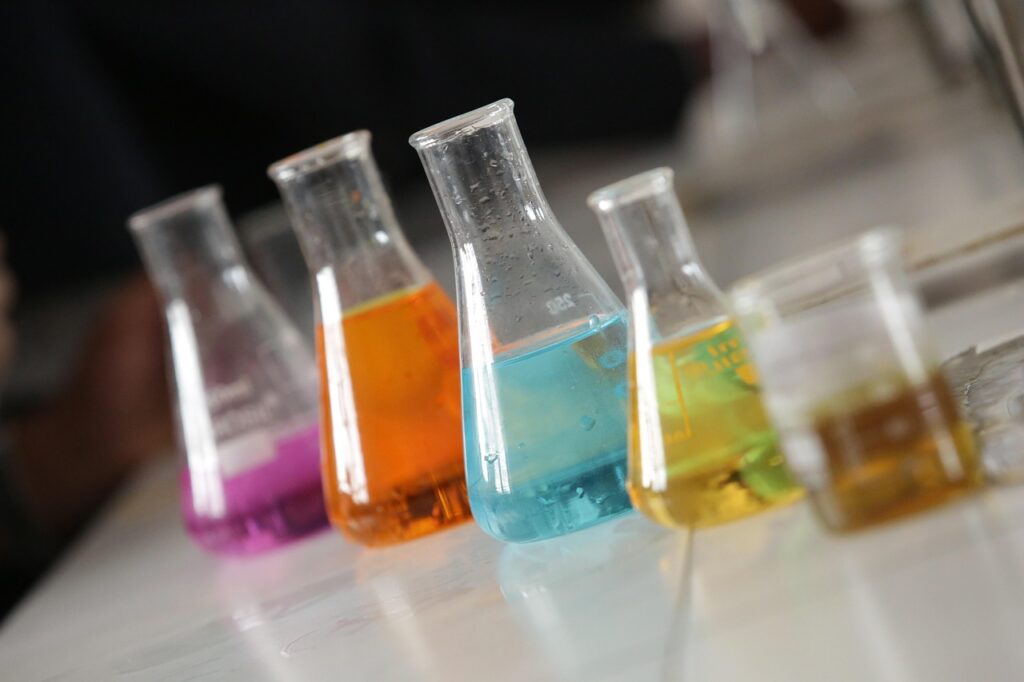
How to Choose the Right Material Testing Lab in India
Before selecting a testing lab, consider the following factors
1. Accreditations and Certifications
Verify that the lab satisfies ISO/IEC 17025 requirements and is NABL-approved. This ensures accuracy and trustworthiness.
2. Range of Services
To prevent outsourcing, which could cause findings to be delayed, a reputable lab should provide a variety of tests under one roof.
3. Turnaround Time
The capacity of a lab to deliver data quickly without sacrificing quality is essential for companies with strict deadlines.
4. Qualified Experts
Correct sample handling and interpretation are guaranteed in labs staffed by skilled scientists, engineers, and technicians.
5. Customer Support
Clear reports, timely communication, and assistance in interpreting test results are all equally crucial.
Certifications and Standards Followed
Material testing labs in India typically follow:
- Indian Standards (IS)
- American Society for Testing and Materials (ASTM)
- International Organization for Standardization (ISO)
- British Standards (BS)
- European Norms (EN)
These standards ensure uniformity and compatibility in global markets.
Applications of Material Testing
1. Research and Development
New material development and performance enhancement heavily rely on lab testing.
2. Quality Assurance in Production
Testing materials at different production stages ensures consistency and reduces rejection rates.
3. Failure Analysis
In case of product failure, labs help trace the root cause by evaluating material behavior under different conditions.
4. Vendor Qualification
Before sourcing from a new vendor, manufacturers often get materials tested to validate their claims.
The Future of Material Testing in India
The potential for material testing labs in India will increase significantly as the country strives for “Make in India” and makes investments in infrastructure, aerospace, and renewable energy.
Among the new trends are:
- AI-powered analysis tools
- Automated testing systems
- Real-time remote monitoring
- Integration with digital quality control systems
Furthermore, more environmentally friendly and sustainable testing methods will be promoted by environmental rules and concerns.
Conclusion
In addition to offering services, a material testing lab in India collaborates on safety, innovation, and quality control. Using expert testing services guarantees that your materials are dependable, compliant, and up to par, regardless of your role as a producer, builder, or researcher. Material testing laboratories’ significance in India’s development narrative would only increase as the country becomes a major industrial hub on a global scale.

